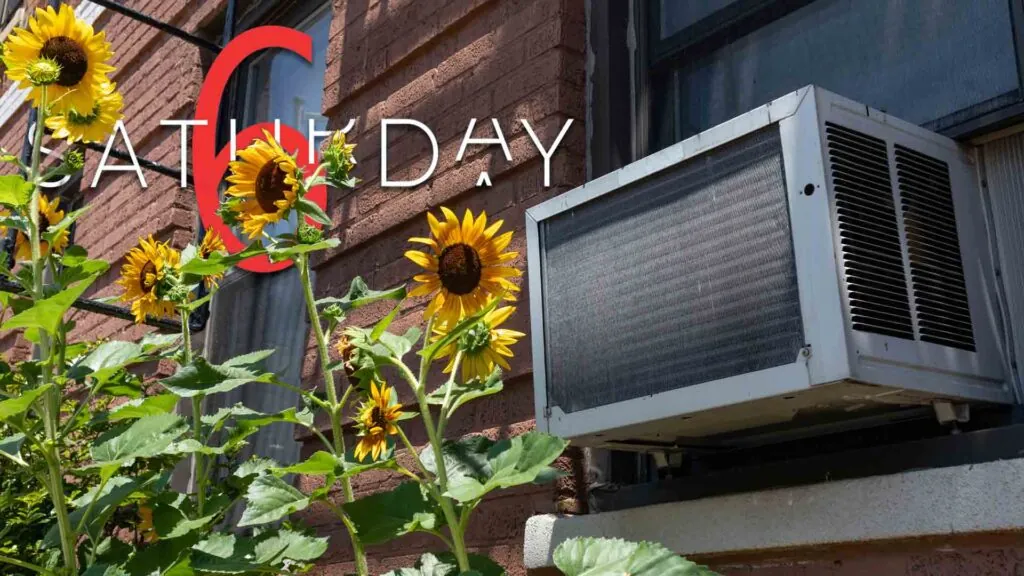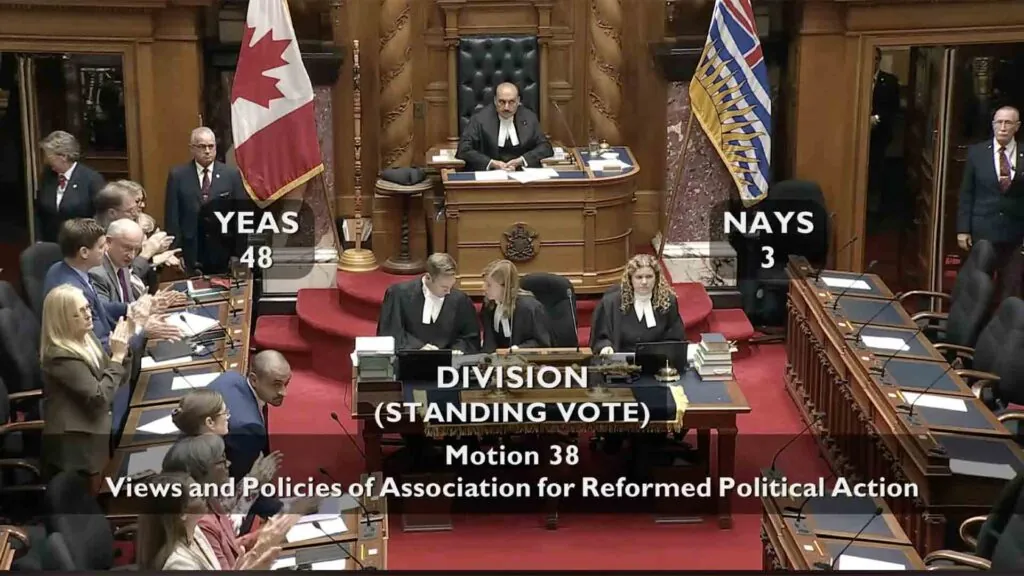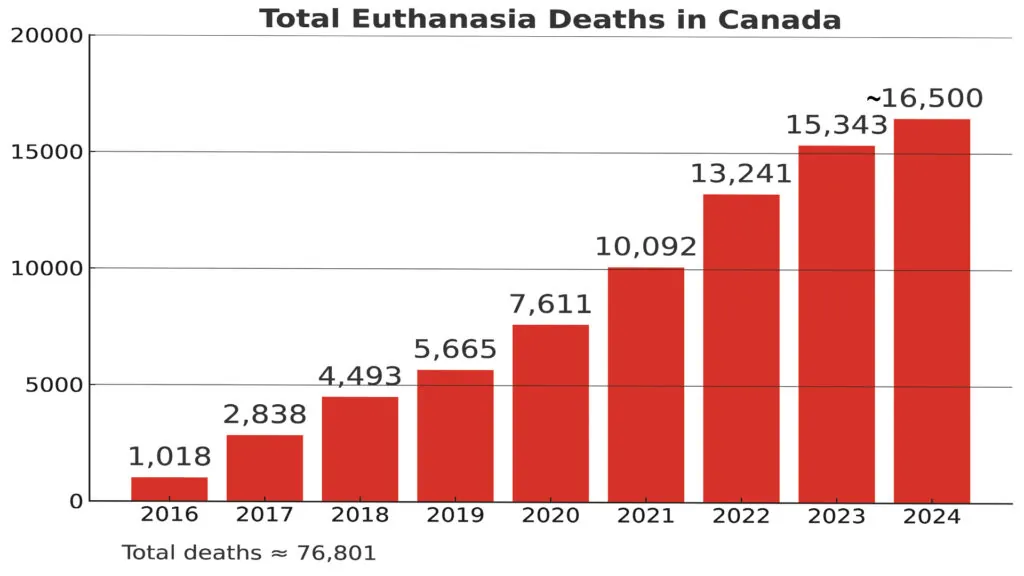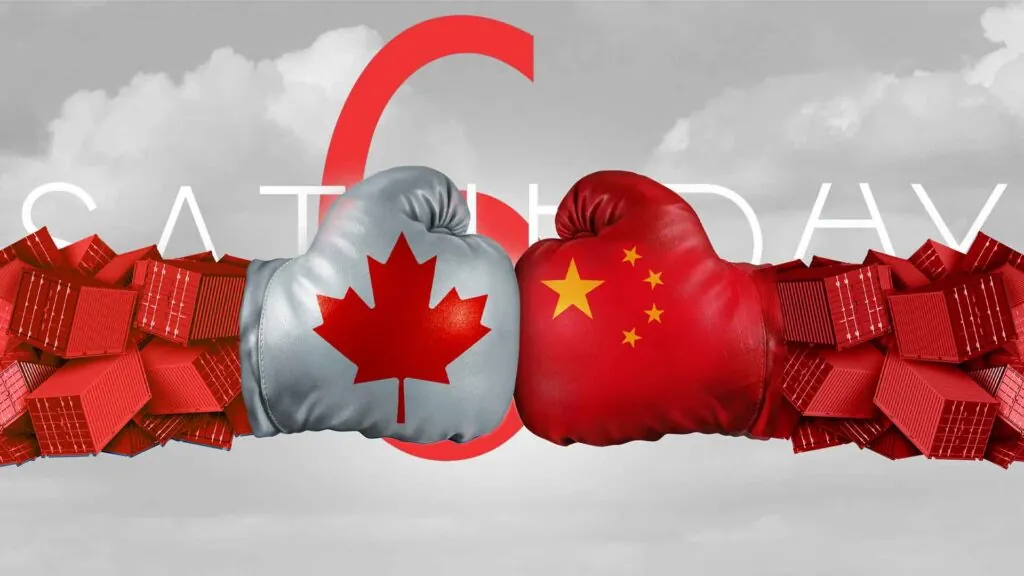
News
Saturday Selections – Nov. 8, 2025
The baptism rap battle you never knew you needed
This is the best of what A.I. can give us. Here's a rapping, axe-playing, Jonathan Edwards rebutting Charles Spurgeon’s case for adult baptism. Hilarious, and downright insightful too.
Old earth vs. young: what are the differences between these two views? (10 min. read)
Is the earth less than 10,000 years, or older than 4 billion? This comparison and contrast highlights where young earth creationism, old earth theistic evolution, and progressive creationism land on things like:
- was there death before the Fall?
- how was Man created?
- was the Flood global?
If you ask A.I. for marriage advice, it'll probably tell you to get divorced
It's vital we understand A.I.'s limitations. What we are getting back from it is oftentimes simply an average of all the answers it finds across the Internet, so if the 'net, as a whole, is wrong about something, that's what you are going to get back. And when it comes to marriage advice, there is a lot of the bad sort.
Crime linked to missing dads
J. Warner Wallace details here, what can happen when dad disappears:
"During my years working the gang detail in Los Angeles County, I met countless young men and women caught up in the world of gangs. Over time, a single theme emerged – one that cut across backgrounds, neighborhoods, and stories. Nearly every gang member I encountered suffered from the same affliction: a profound lack of dad."
Stranger things of the OT: Giants
"The term 'giant' appears only seven times in most modern translations of these two passages (2 Sam. 21:15–22; 1 Chron. 20:4–8), but in the King James Version it appears over 20 times."
(Real Talk recently did an episode that touched on some of the stranger things of the OT too.)
Style vs. substance
Here's a fantastic musical debate about whether it's most important to say things with flair, or say something important. Or, to let the two combatants frame it:
GIRL 1: Who cares if the whole world's watching
If you aren't saying something of meaning
GIRL 2: Who cares what the crap you're saying
If nobody's watching, nobody's hearing
I've been involved in 10+ political campaigns, and this struck a chord – I was involved in a Christian Heritage Party campaign where the candidate seemed content to put out important but blandly-presented materials – stuff that got filed into the recycle bin immediately – and I've been part of campaigns where all the candidate was offering was graphically appealing signs and brochures and even swell sounding speeches, but all of which didn't say much of anything at all. They shied away from the real issues our culture is contending with – they refused to talk about God.
So, what's the answer then to the style versus substance debate? It's about pairing, not contrasting, the two. God crafted His temple (Ex. 31:1–5), His world (Ps. 19:1), and us too (Ps. 139:13–14) – He is all about style. But what does He use His style to declare? His glory!
How's that for substance!






























